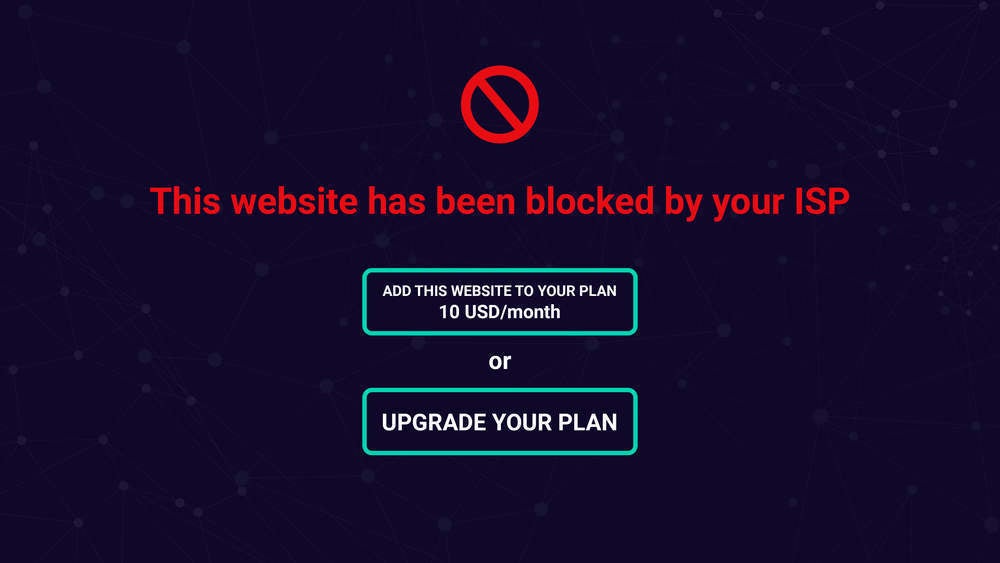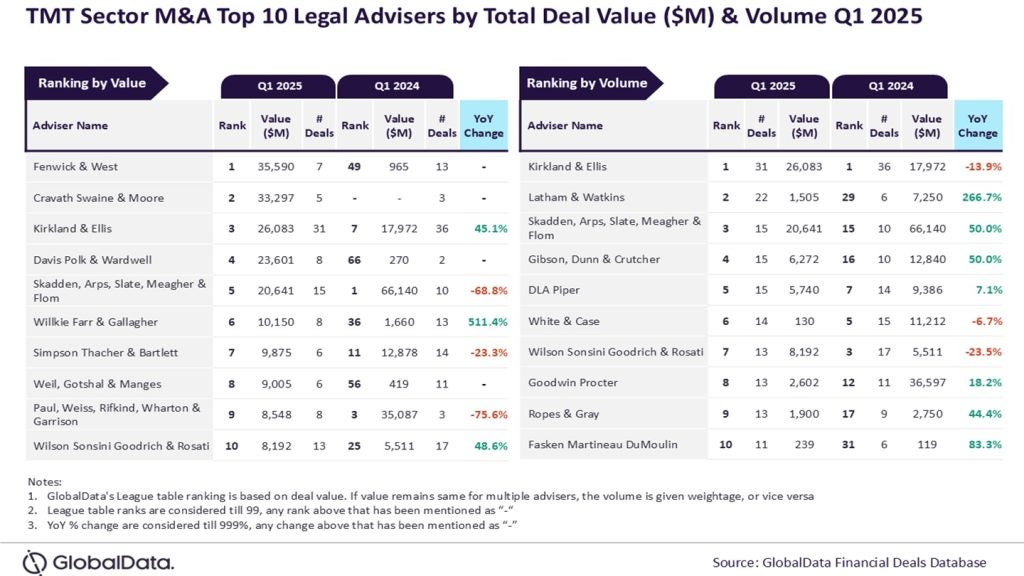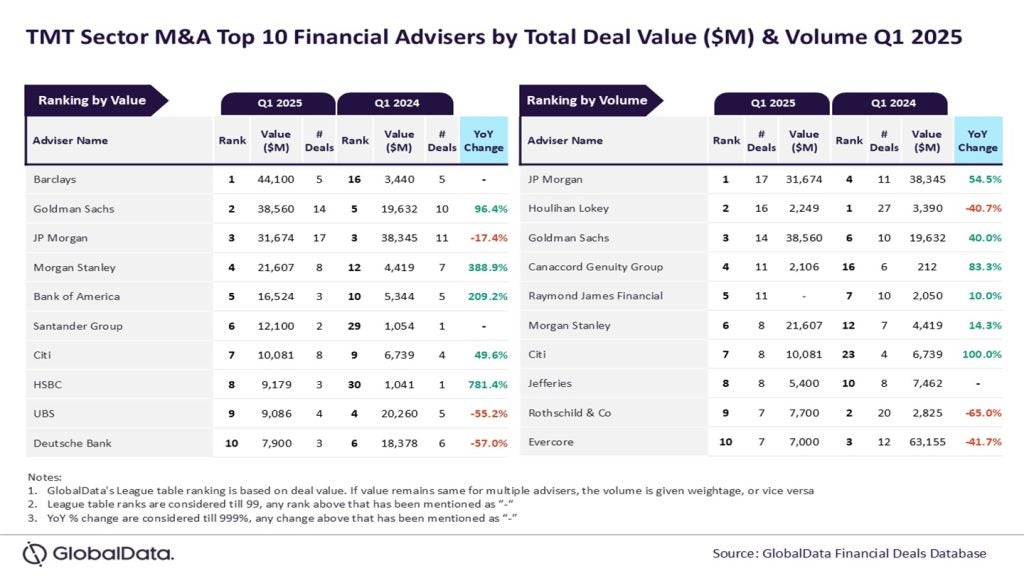The US Senate is making a last-ditch effort to save net neutrality, but the effort is likely to go nowhere. Expect net neutrality to become a political hot-button in the upcoming US mid-term elections.
This week the US Senate voted 52-47 in favour of overturning the Federal Communications Commission’s (FCC) decision to undo net neutrality regulations that were introduced in 2015 under the Obama administration.
It’s the latest in a tech drama that is likely to take on out-sized proportions ahead of the mid-term elections.
Last December, the FCC voted to repeal these regulations amid heavy public backlash, and they are set to roll back on 11 June.
While there appears to be momentum in favour of net neutrality, the US Congress needs a majority vote and President Donald Trump must also approve the move.
With the US Congress largely controlled by Republicans and no perceivable change of heart from Trump to date, the initiative will likely fail.
That’s not to say net neutrality in the US will be dead forever. The concept — that broadband providers should not be allowed to block access; throttle traffic based on content, applications and services; or prioritise some internet traffic over others in exchange for payment — has overwhelming public support.
According to a recent poll commissioned by the nonpartisan group, Voice of the People, 86% of registered voters oppose the FCC’s move to repeal net neutrality regulations.
The Senate voted using the Congressional Review Act, which allows Congress to reverse decisions made by government agencies, and time was running out for that review process. Those moving that vote along knew it was a losing battle, but the bigger objective was to get the issue back in the limelight as mid-term Congressional elections commence.
With a sizable chunk of voters wanting something to be done, Congress will likely take up the issue again. Broadband providers say they actually welcome Congressional action, as long as it has to do with consumer protections and not extra regulations for them.
Whether broadband providers should be regulated similarly to a utility will be the crux of the issue.
In the meantime, super-fast 5G networks are coming to market beginning in late 2018 in the US. One of the main value propositions of 5G is the ability to offer differing levels of service for different customers.
Connected car, eHealth, transport, public safety and the smart grid all require a differing level of quality and speed depending on their applications. These applications simply can’t be treated the same as all internet traffic.
There’s also a broader issue in play. The broadband market has evolved significantly since 2014, when startups such as Netflix were fighting for fair treatment on the internet. Back then, Netflix, Twitter and Uber were seen as internet underdogs whose fortunes were seemingly made or broken by the treatment of broadband providers.
In 2018, it is a different story. Google and Facebook aren’t the feel-good defenders of internet freedom anymore. Security breaches, privacy issues, fake news and other negative reports have hurt their reputation.
What’s more, the market is also becoming convoluted. Broadband providers are becoming internet tech giants themselves, eager to marry content and access, while Facebook and Google continually cross over to the internet access market in a bid to further their own services strategy.
There is an argument for broadband providers to challenge lawmakers to take a fresh look at regulations and anti-trust law for this new era of powerful online platforms and converged players.
Net neutrality may not be touched again for years to come, but by then the market could look completely different.







